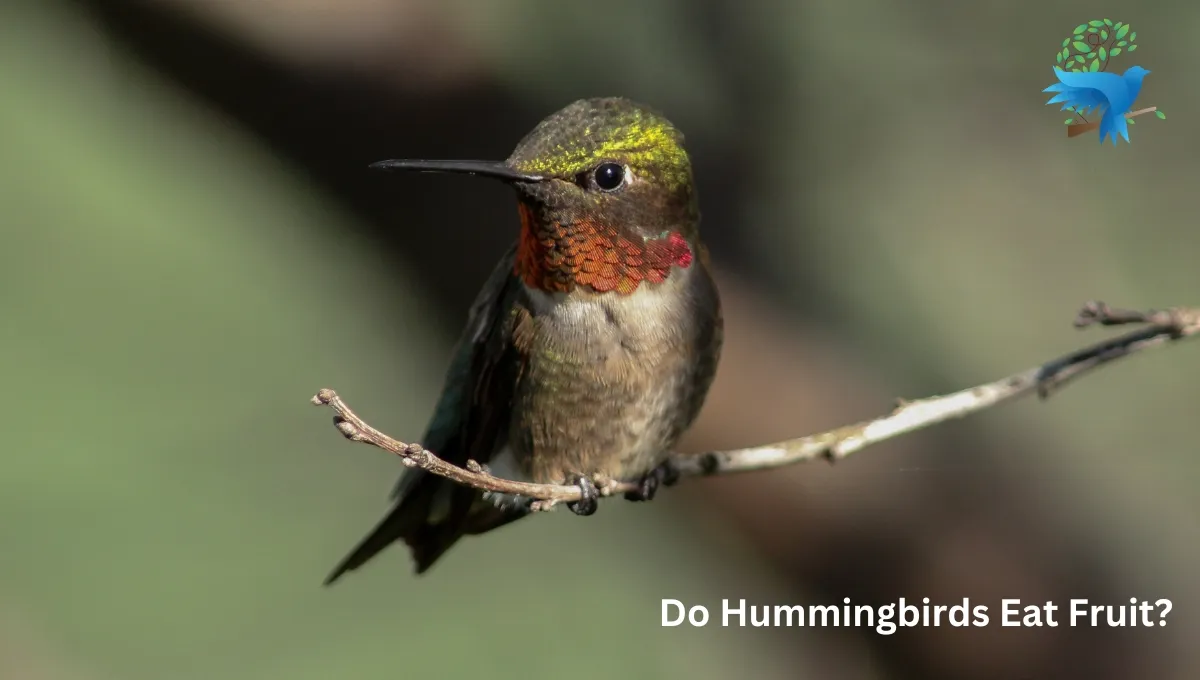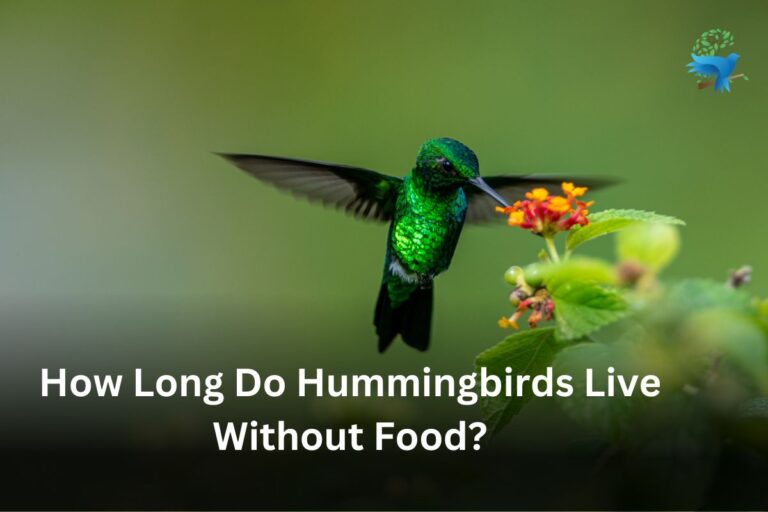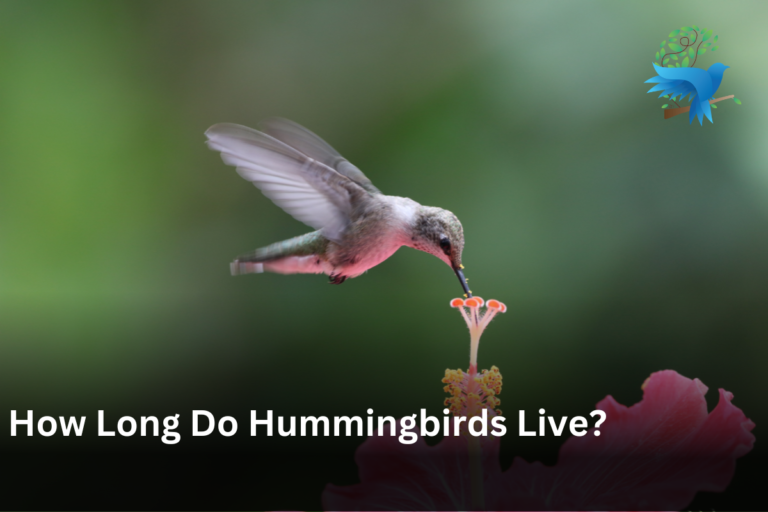Do Hummingbirds Eat Fruit?

Hummingbirds are tiny creatures that are primarily known for their affinity for nectar-rich flowers. Commonly, these birds are called hummingbirds because of their humming sound that is produced by beating their wings and flapping at a higher frequency.

In the family of Trochilidae, Hummingbirds are fascinating birds that have special characteristics with their vibrant plumage, incredible agility, and exceptional metabolic capacity.
These beautiful birds capture the attention of bird lovers because of their unique features. If you are a bird enthusiast then have you ever wondered do Hummingbirds eat fruit too?
Let us delve into this article to take a closer overview of these captivating birds and explore more about the role of eating fruit in their lives.
Hummingbird Diets
Understanding Hummingbirds’ diets is quite important It helps them to obtain a great amount of source of energy from their supplement diets.
The fascinating bird, Hummingbirds are renowned for their highest metabolism capacity. Especially, these small birds need more energy requirements to hover their wings at rapid wing-flapping rates.
To hover their wings faster Hummingbirds’ primary source of energy is generally obtained from flower nectar and insects. Widely, they are nectarivorous which derives its energy and nutrient requirements from a diet.
Mainly, it consists of sugar-rich nectar that is commonly produced by flowering plants. Along with the nectar and consumption of insects, Hummingbirds also need necessary supplements of proteins, vitamins, and minerals for survival.
These small Hummingbirds can flap wing rates at 80 per second whereas the large species of these birds can flap around 12 beats per second.
Do Hummingbirds Eat Fruit?
Contrary to popular belief, hummingbirds do eat fruit, but it’s not a big part of their usual diet. However, this bird consumes fruit sometimes.

They eat fruits like berries, small fruits, melons, bananas, and even some types of soft fruits which are occasionally eaten by them. Generally, Hummingbirds try to intake nectar which is rich in sugars.
This bird often visits flowers for food that helps them to extract nectar which consists of 55% sucrose, 24% glucose, and 21% fructose. This long-beaked Hummingbirds seek nectar which reduces the amount of pollination.
The consumption of fruits depends on factors such as seasonal availability and the nutritional benefits derived from specific fruits.
Benefits of Fruit Consumption for Hummingbirds
Simply, when it comes to knowing about the consumption of fruits then in the case of Hummingbirds, fruits are preferred to be good for their diet. It offers a variety of essential nutrients and supplements that complement the hummingbirds’ diet.
Fruits have antioxidants, vitamins, minerals, and micronutrients that help them to keep healthy. But, primarily their main source of food energy comes from nectar. Whereas fruits add diversity to their diet.
Read More: Top 7 Flowers That Hummingbirds Love>>>
These lovely birds have the highest mass-specific metabolic rate. When food sources are limited, Hummingbirds conserve their energy. When they are not foraging at night, these birds enter into a torpor state which is quite similar to hibernation.
Well, at the Torpor stage, Hummingbirds reduce their body temperature and slow down the metabolic rate to 1/15 of its normal rate. In addition, their heart and breathing rates also slow down significantly.
Instances of Hummingbirds Eating Fruit
When these beautiful Hummingbirds were spotted by researchers and as well as bird enthusiasts, they shared one of their exciting moments. When these birds were seen extracting juice or feeding on soft fruits.

This shows that fruits aren’t their main diet which highlights the adaptability and opportunistic nature of these remarkable fascinating birds. It demonstrates their occasional interest in these food sources.
Tips for Attracting Hummingbirds with Fruits
If you want to attract Hummingbirds by feeding fruits, then here are some of the tips that shall be followed by you:
- Firstly, identify the bird species in your area. Understand their characteristic feature and research their feeding habits and behaviors.
- Choose the right feeder and provide bird feeders filled with a variety of different fruits that are rich in sucrose. It includes cherries, bananas, watermelons, oranges, etc.
- It is best to choose the right feeder location that is visible to Hummingbirds which will help to attract more birds.
- Make ensure that the feeding place is regularly cleaned and sanitized. Also, create a safe environment for them.
- These delightful birds can be attracted for a closer look by offering sliced or overripe fruits.
- Consider planting fruit-bearing plants in gardens or yards.
- Plants like trumpet vine, elderberry, or pineapple guava may entice hummingbirds with their fruits.
- Lastly, keep fresh water in your gardens or yards and make sure it is free from predators.
Conclusion
The aerial acrobats i.e. Hummingbirds are those birds that are mainly renowned for their primary reliance on nectar-rich flowers and insects.

Occasionally, they do exhibit an interest in consuming fruits that adds a fascinating dimension to their nutritional habits. By studying and understanding Hummingbirds’ eating habits, we can learn how adaptable and versatile these birds are.
The role of eating fruits in their daily diet sheds light on what is beneficial for their health. It incorporates a variety of food sources including fruits that add variety to their diet.
FAQs
Do Hummingbirds take sugar water from bird feeders?
Yes, the fascinating bird, Hummingbird takes sugar water from bird feeders. Selecting the bird feeder helps to allow people to observe these birds closely while providing a reliable source of energy.
Do Hummingbirds eat fruits in winter?
Hummingbirds’ primary source of food is flower nectar and insects. But, during winter, food is scarce and to conserve their energy these tiny birds enter into a torpor state.
It is a nightly energy conservation similar to hibernation. Gradually, Hummingbirds gain weight by converting their sugar into fat. At this stage, they slow down their metabolic rate to 1/15 of its normal rate. Whereas some Hummingbirds travel to northernmost year-round residents.
What can be fed to Hummingbirds besides sugar water?
On behalf of sugar water, Hummingbirds eat insects (such as small insects, larvae, insect eggs, and spiders).
Do Hummingbirds eat fruits?
Yes, Hummingbirds eat fruits such as berries, apples, pears, watermelons, bananas, and oranges. These Hummingbirds are known for discreetly sipping the juices from fruits that are ripened or juicy, peeled off, etc.
Is too much sugar water toxic for Hummingbirds?
Well, the answer is yes. If the Hummingbirds consume too much sugar water then it may cause liver or kidney damage. Sugars like brown sugar, artificial sweeteners, agave syrup, and molasses should not be fed to these birds.






